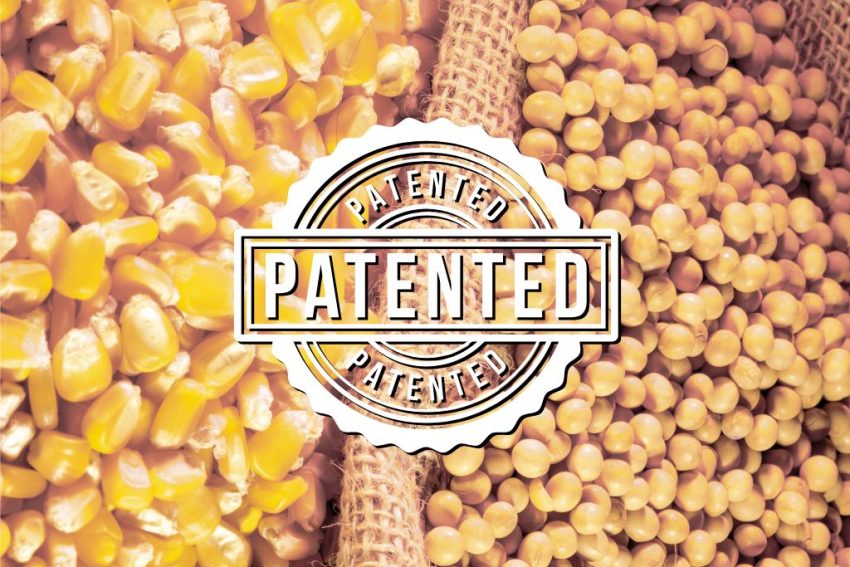Over the past few decades, massive power plays have reshaped farming into a high-stakes game where independent growers increasingly find themselves at the mercy of corporate giants. What began as promises of higher yields and pest resistance through genetically modified organisms (GMOs) has evolved into a system that locks farmers into perpetual dependence on patented seeds. Today, just a handful of companies dominate the market for corn and soy seeds, controlling access to the very building blocks of agriculture. This consolidation has driven up costs, sparked legal battles over unintended contamination, and raised alarms about technologies that could render seeds sterile after a single harvest. The result is a trap that squeezes family farms while padding corporate profits, as evidenced by soaring seed prices and a wave of bankruptcies among small operations.
The story starts with the rapid consolidation of the seed industry over the past few decades. In the 1990s, the market featured a broader array of suppliers, but mergers and acquisitions have narrowed it dramatically. Four major players once held sway: Monsanto, DuPont, Dow AgroSciences, and Syngenta. Through blockbuster deals, such as Bayer’s 2018 acquisition of Monsanto and the Dow-DuPont merger that birthed Corteva Agriscience in 2019, the field has shrunk to effectively three dominant entities: Bayer, Corteva, and Syngenta (now owned by ChemChina), with BASF also holding significant intellectual property. These companies now command staggering shares of the U.S. seed market. For corn, they control around 95 percent of the intellectual property, while for soybeans, it’s about 84 percent. In more specific terms, Bayer and Corteva alone account for 72 percent of corn seeds and 66 percent of soybeans. This level of control, often pegged at 60 to 80 percent overall for these key crops, gives them immense power to dictate terms to farmers who have few alternatives.
At the core of this dominance are patented GMO seeds, engineered for traits like herbicide tolerance or insect resistance. Farmers who buy these seeds sign agreements prohibiting them from saving and replanting them the following year, a practice that was once standard in agriculture. Instead, they must purchase fresh supplies annually from the same companies, creating a cycle of dependency. This model ensures steady revenue streams for the corporations but burdens growers with recurring expenses. Adding to the pressure are risks associated with “terminator” technology, also known as genetic use restriction technology (GURT). This controversial innovation genetically engineers seeds to produce sterile offspring, preventing any replanting altogether. While an international moratorium has halted its commercial use due to widespread outcry, the mere threat looms large. Critics argue it endangers global food security, particularly for the billions who rely on saved seeds, and could exacerbate corporate control by eliminating even accidental propagation. Although not deployed yet, patents on such tech signal a potential future where farmers have no escape from buying new seeds each season.
The enforcement of these patents has led to aggressive legal actions that further entrench the trap. Companies like Monsanto (now Bayer) have pursued hundreds of lawsuits against farmers accused of patent infringement. A particularly insidious aspect involves cases of accidental cross-pollination, where wind or insects carry GMO pollen from neighboring fields into non-GMO crops. In one high-profile instance, Canadian farmer Percy Schmeiser faced Monsanto in court after Roundup Ready canola appeared in his fields, allegedly from cross-contamination. Monsanto claimed he had knowingly used their technology, but Schmeiser maintained it was unintentional. The company won, ordering him to pay damages and destroy his seeds. Similar U.S. cases have seen farmers sued for having GMOs on their property that they neither purchased nor wanted, turning natural pollination into a legal liability. While Bayer insists it does not target inadvertent contamination, reports from groups like the Center for Food Safety document instances where farmers felt coerced into settlements or faced ruinous legal fees. These suits not only deter seed saving but also discourage organic or non-GMO farming near GMO operations, consolidating market power even further.
The financial toll on farmers has been devastating, with seed costs skyrocketing as corporate control tightened. According to USDA data, corn seed expenses per acre quadrupled from 1995 to 2014, rising from around $25 to over $100, an increase exceeding 300 percent. This surge far outpaced inflation and commodity prices, with genetically modified seeds seeing even steeper hikes compared to conventional ones. Farm Aid, an organization advocating for family farmers, highlights how this concentration allows a few firms to inflate prices without competition, noting that four companies once controlled nearly 60 percent of the overall seed market—a figure that has only grown. As costs climbed, many independent farmers struggled to stay afloat. Bankruptcies among small operations surged, with USDA reports showing a steady decline in the number of farms since the 1990s. Meanwhile, the corporations reaped record profits, their market dominance translating into billions in revenue from seeds alone. Farm Aid warns that this unchecked power extends beyond seeds to influence policy, stifling alternatives and perpetuating a system where farmers bear the risks while companies harvest the rewards.
This engineered trap represents more than economic pressure; it undermines the autonomy of those who feed the nation. As long as a trio of megacorporations holds the reins on seed supply, the cycle of dependency will persist, threatening the viability of independent agriculture. Breaking free requires greater scrutiny of mergers, stronger protections against patent abuse, and support for diverse seed options. Until then, the fields remain a battleground where innovation serves shareholders over stewards of the land.


